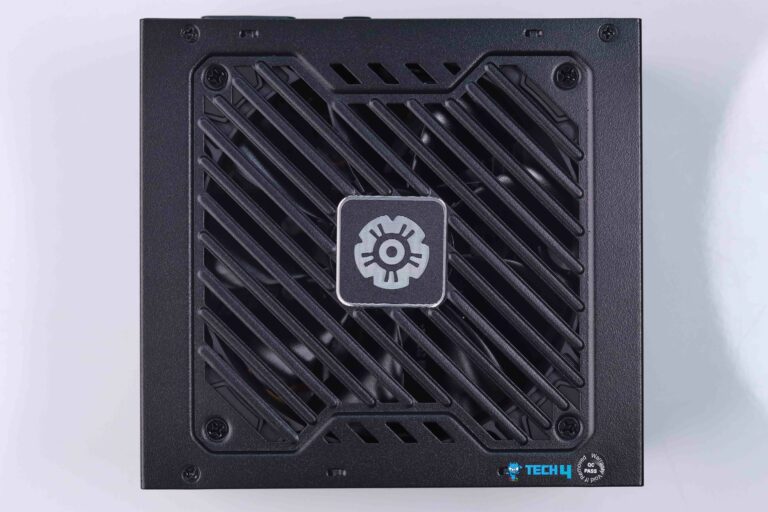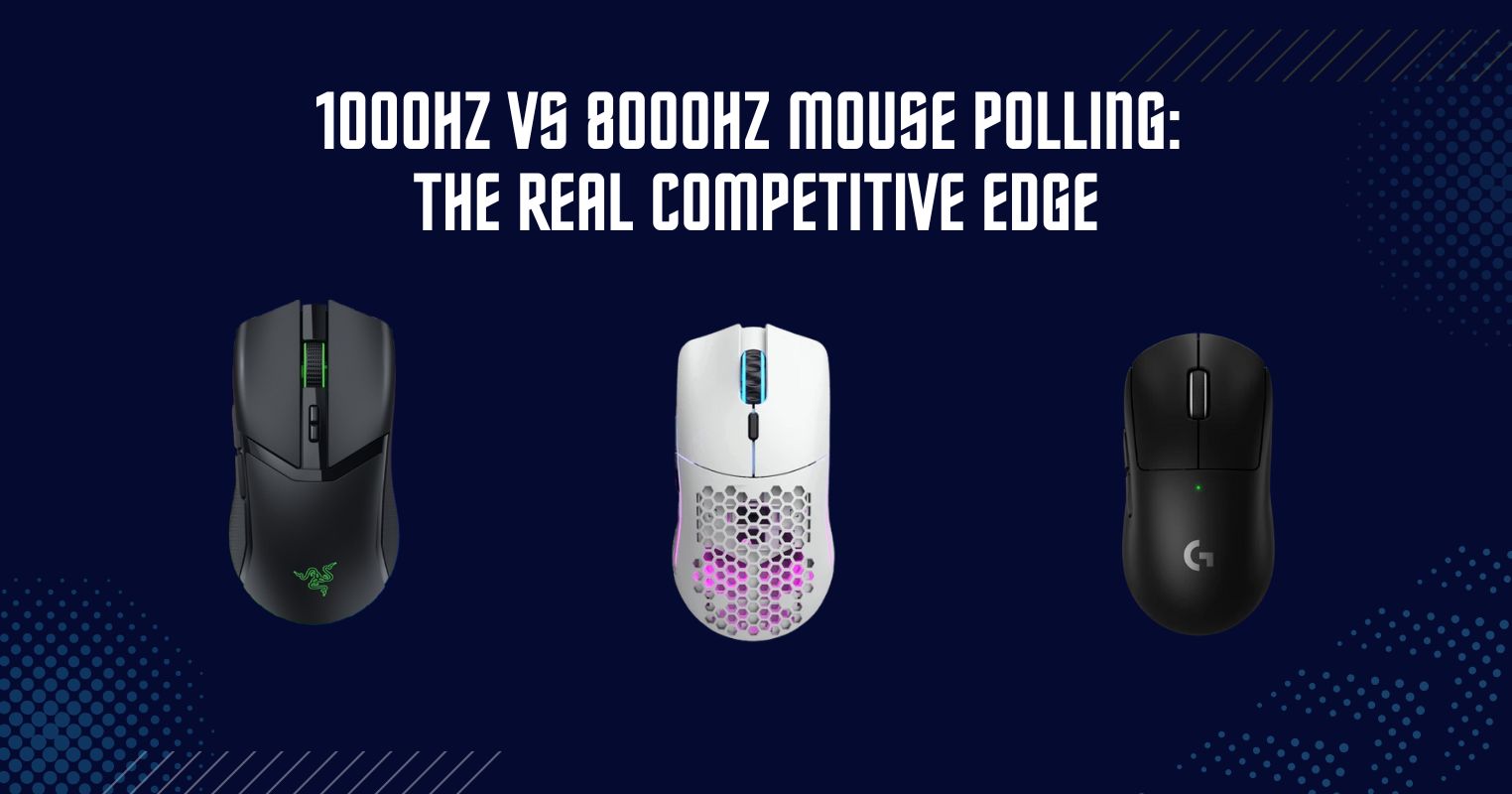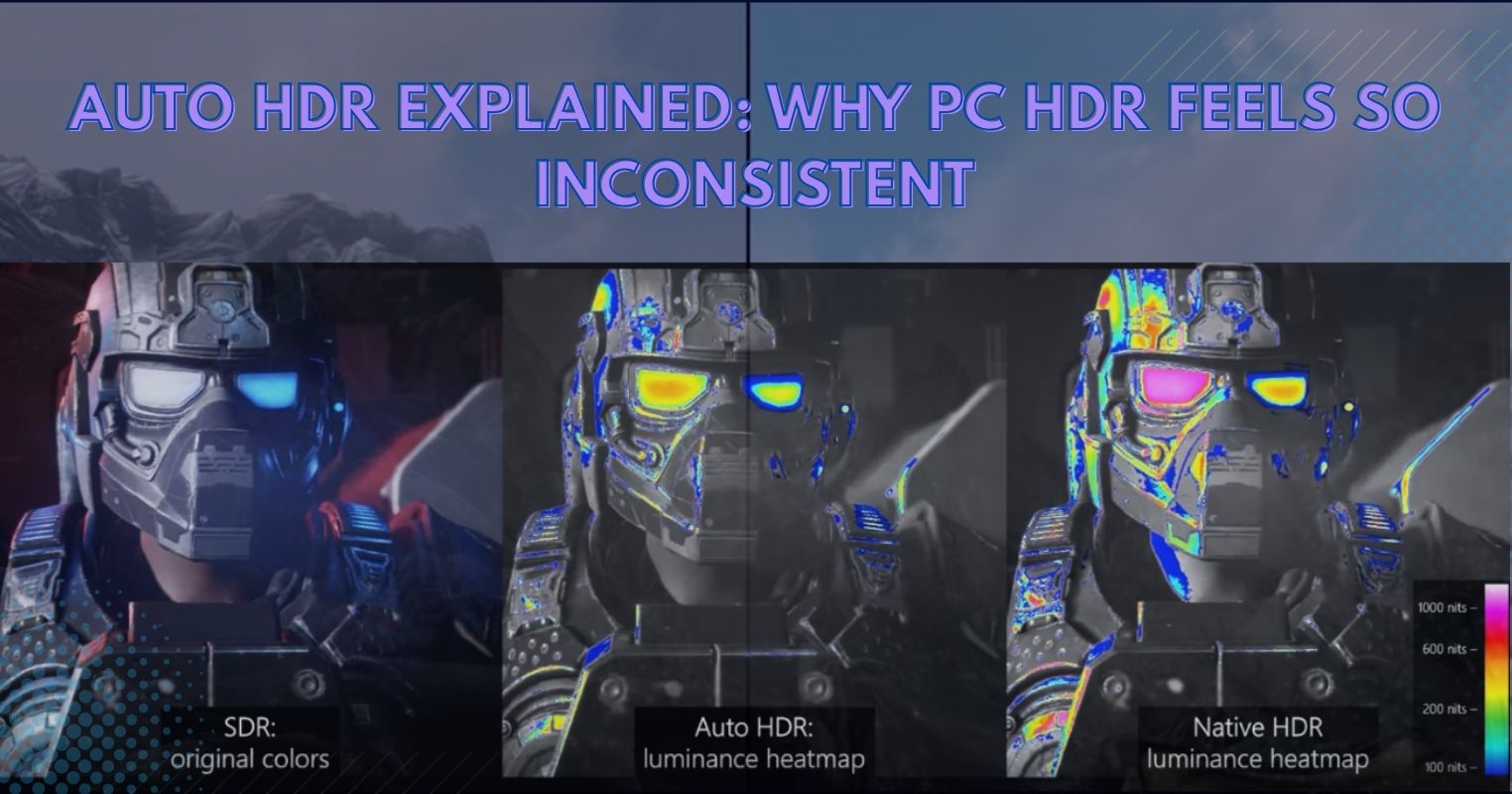- Consider replacing your PSU once it surpasses its warranty period (usually 5-10 years) or if it shows signs of instability like random shutdowns.
- Frequent blue screens, performance dips, and unusual noises indicate a failing PSU that needs an upgrade.
- After upgrading or adding new components, ensure your PSU can handle the increased wattage to avoid system instability.
Most people think there’s nothing glamorous about power supplies and love bragging about their CPUs, GPUs, and motherboards. But you know what? Power supplies are one of the most essential parts of your PC build. If your power supply isn’t working well, your system will perform terribly and, in some cases, might even blow up your system.
Most of us go a long time without checking the PSU and without thinking about whether to upgrade or replace it. If you want to upgrade your PC or are satisfied with your current setup, you must know when to upgrade your power supply.
Aging Is A Critical Factor
PSUs come with a warranty period, usually 5-10 years. Once the warranty period is over, it is often time to consider a replacement or upgrade. I don’t mean to say that you should immediately upgrade your PSU because PSUs can usually last longer than their warranty periods if correctly cared for, avoiding overloads, keeping it clean, and preventing physical harm.
If your PSU is over 5 years old and you notice your system randomly shutting down or restarting, it’s a clear sign that it might fail. Upgrading to a new, reliable PSU can restore stability and protect your components from damage.
Failing PSU Might Need Upgradation

Following are some clear indications that you need to upgrade your power supply as your current power supply is failing to meet the power demands of your PC components.
- Suppose you notice blue screens on your monitor start to appear more often while you are gaming or doing intensive work on your PC.
- You start to hear noises from your PSU.
- Performance dips in your gaming or other experiences.
Failure of components inside the PSU should also trigger you to buy a new PSU. This failure usually occurs due to the usage of cheap power supplies. A cheap power supply may not blow up your PC components, but its components, like rectifiers or capacitors, can fail earlier, failing your PSU.
Insufficient Power For New Components
After a PC is upgraded or new components are added, your power supply may not provide enough wattage to power all the components in your computer effectively. To test your power supply, load up a CPU/GPU-intensive program while simultaneously powering on as many devices as possible in your PC. If everything works correctly and no errors occur, your current power supply is likely fine for your current power draw needs. If you encounter problems under high load with multiple devices running, it might be time for a power supply upgrade.
Given the number of CPU and GPU combinations, calculating the exact wattage you might require is challenging; however, I’d recommend using our PSU Calculator tool to check whether an upgrade is necessary for your current specifications.

For instance, if you have a Ryzen 7 7700X with a 105-watt TDP and an RTX 2080 Ti with a 250-watt TDP, then a 600-watt PSU is good enough for you. Now, if you want to upgrade your GPU to, let’s say, NVIDIA RTX 4090 with a power rating of 450watts, then you will need to upgrade from your 600-watt PSU to almost an 800-watt plus PSU like Corsair RM850e Gold ATX 3.0 to compensate for this power demand. However, if you replace your RTX 2080 Ti with RTX 3080 Ti (having a TDP rating of 250 watts), your 600-watt PSU will be sufficient for your setup.
So When Should You Actually Upgrade?
At the end of the day, it’s better to be safe than sorry. While a PSU has a longer life than other PC components, that doesn’t mean you should take your eyes off it. You don’t want your PSU to fail while you are gaming or whatever else you are doing.
Your PSU is the source of power for all your PC components; therefore, no matter how expensive and high-tech equipment you possess, your PC will not perform well if you don’t have a good PSU with enough power supply rating for your PSU. So, stay proactive and upgrade your PSU when required.
Thank you! Please share your positive feedback. 🔋
How could we improve this post? Please Help us. 😔
[Errors Troubleshooting Expert]
Arsalan Shakil (aka GuyThatDoesEverything on YouTube) is a PC Tech Enthusiast and Electronic Geek. With over 10+ years of experience in Electronics, he then decided to explore Software Engineering to design embedded products and automate existing hardware solutions.
When he started tearing down old cameras to understand how they worked, he was shocked (literally, when he got zapped by a flash discharge capacitor), giving him the power (debatable) to fall in love with videography/photography. He also started making some fun videos that later became YouTube tech reviews.
Skills:
- 10+ years of experience in Electronics design, embedded solutions, and prototyping
- Majored in Software Engineering
- Research paper publication in IEEE for Embedded Military Uniform & LoRa WAN wireless technology
- Specialized in IoT Solutions
- PC Enthusiast & PC Modder
In his local region, he’s known to expose cheap PSU brands, often claiming fake certification or false claims on the box. He’s a true nerd and needed some friends in his life. Then he met some guys who work at Tech4Gamers, and they also came out to be equal nerds who suggested he join Tech4Gamers as a Hardware Expert.




